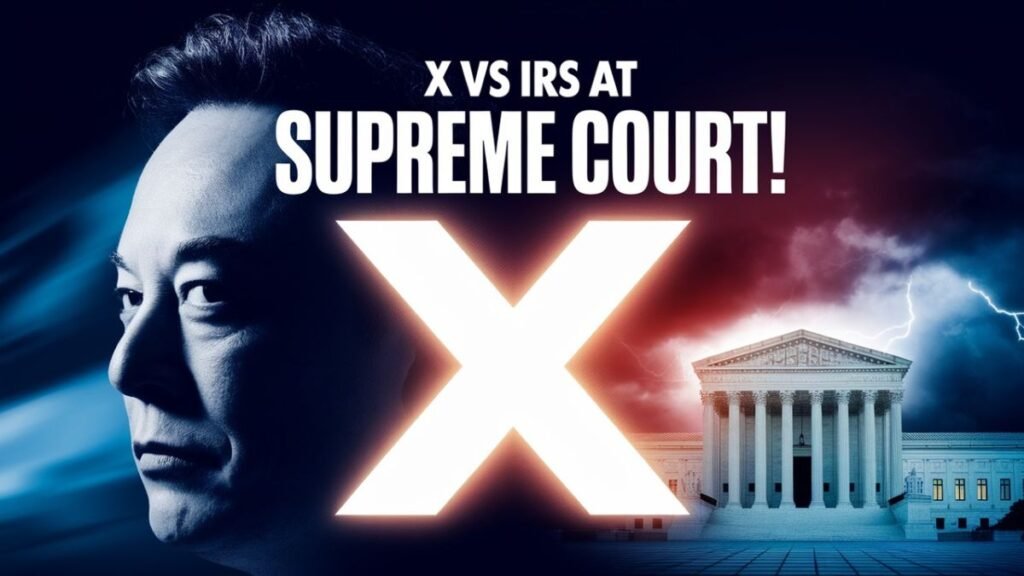
SASSA Grants More Time – New Deadline for Postbank Card Transition Is May 31
The South African Social Security Agency (SASSA) has extended the deadline to switch from gold SASSA cards to the new...

SASSA Launches Manhunt for Officials Linked to R260 Million Fraud Scheme
South African Social Security Agency (SASSA) has initiated a special operation to trace four officials implicated in a huge 260...

April 2025 Social Security Payment Schedule and Benefit Amounts Explained
Social Security is an essential financial assistance for millions of individuals in the US, and in April 2025, some significant...

X Battles IRS at Supreme Court—Will It Block Coinbase User Data Grab?
In today’s digital age, when almost every activity we do is happening online, data privacy has become a big issue....

Big Financial Help! Commonwealth Bank’s $1,300 Payout in 2025 Explained
In 2025, Commonwealth Bank of Australia (CommBank) launched a great initiative that will help Australian homeowners reduce energy costs and...

UK £200 Cost of Living Help in 2025 – Find Out If You’re Eligible!
UK families require financial assistance because current living expenses continue to rise. The UK government introduced one-time financial support of...

$3,250 Direct Payments for Social Security & SSDI in 2025 – Know How to Claim and Important Dates
$3,250 Social Security and SSDI Payments 2025: The Complete Details The trouble of Social Security and SSDI bills in 2025...

$1000 Stimulus Checks Approved for April 2025 – Key Details Inside
There is a lot of discussion among American citizens about the $1000 stimulus check in April 2025. Due to economic...

2025 Social Security Benefits at Age 62 – Know How Much You’ll Receive and Eligibility
Social Security benefits at the age of 62: Social Security advantages are given to retirees in the US, which can...